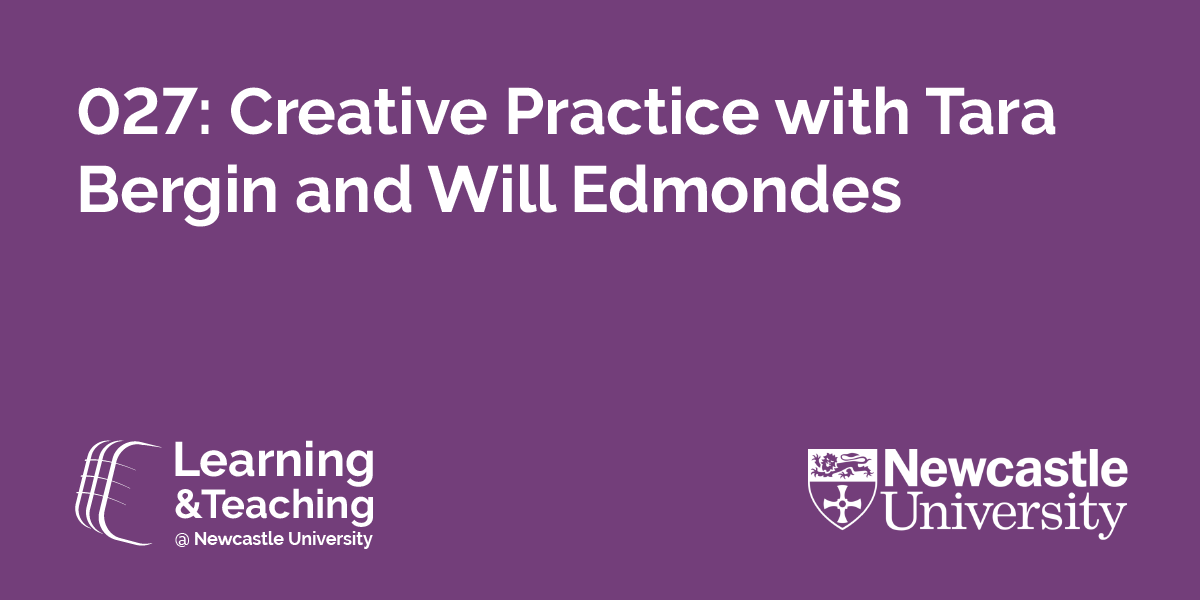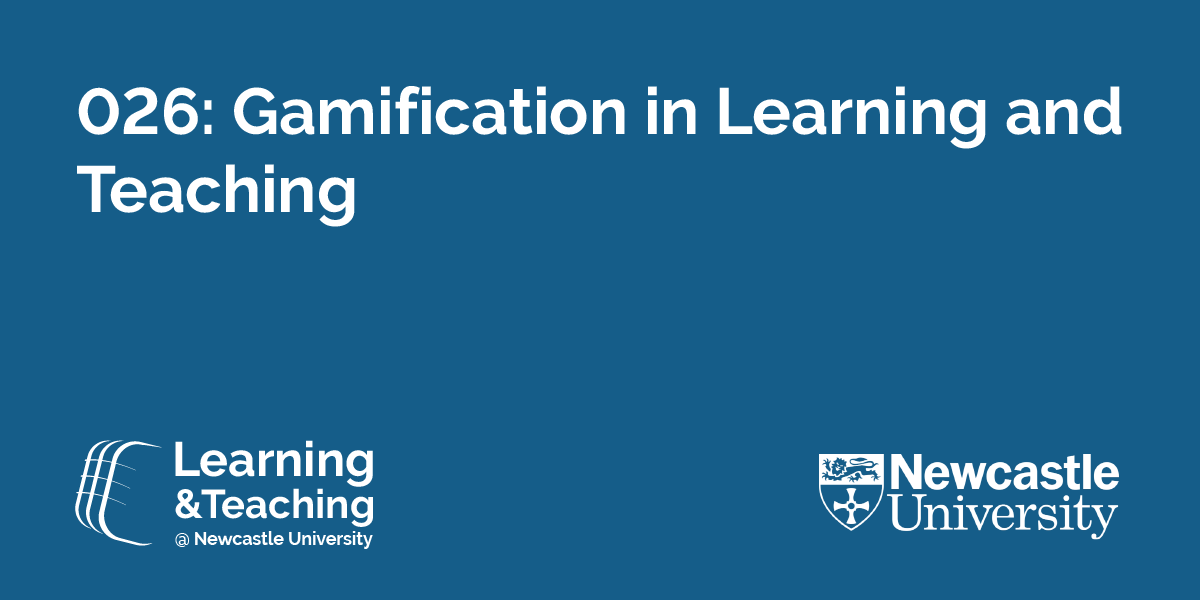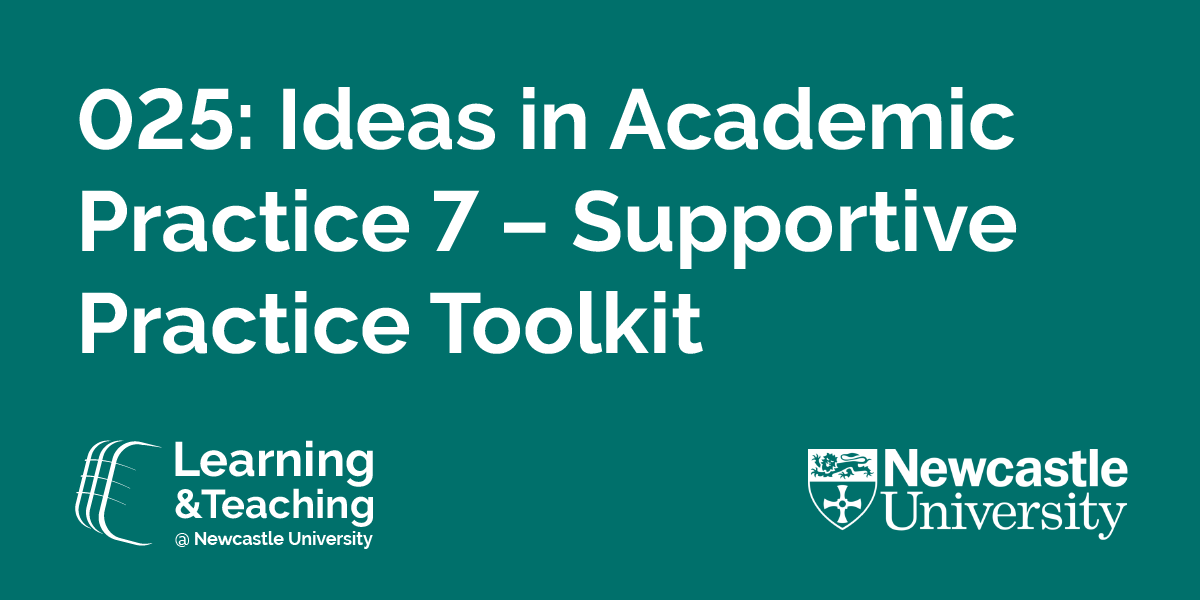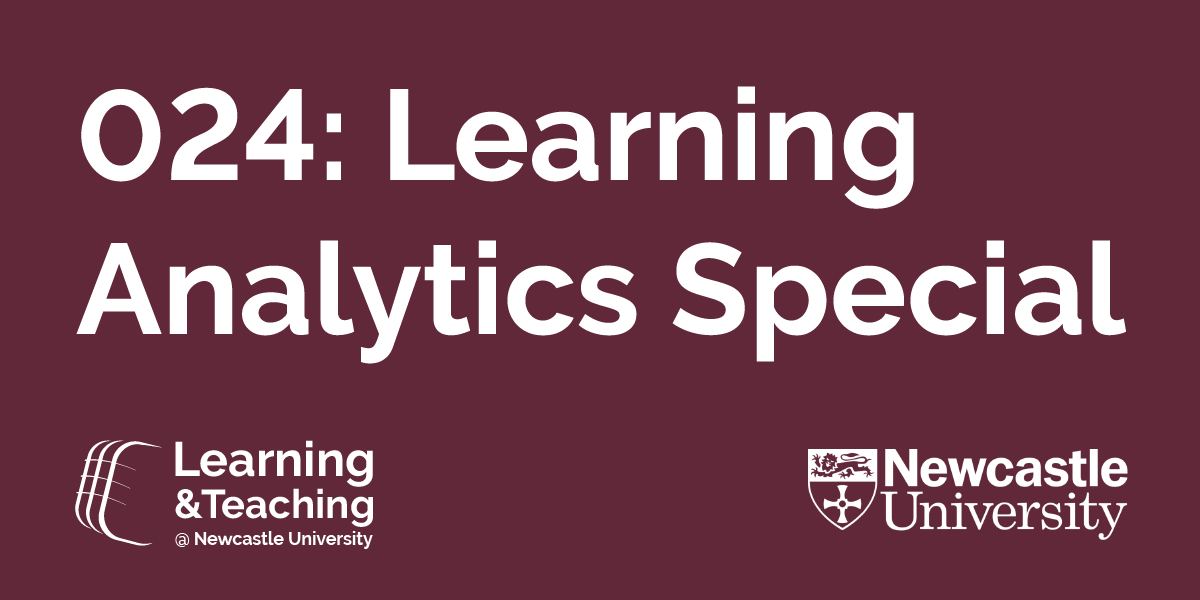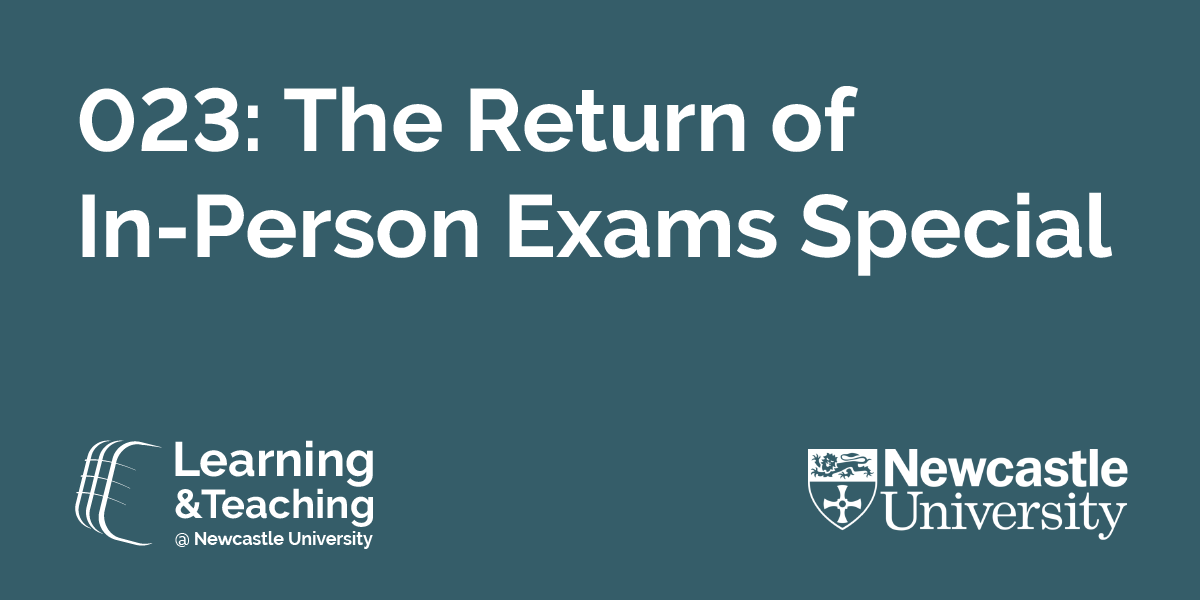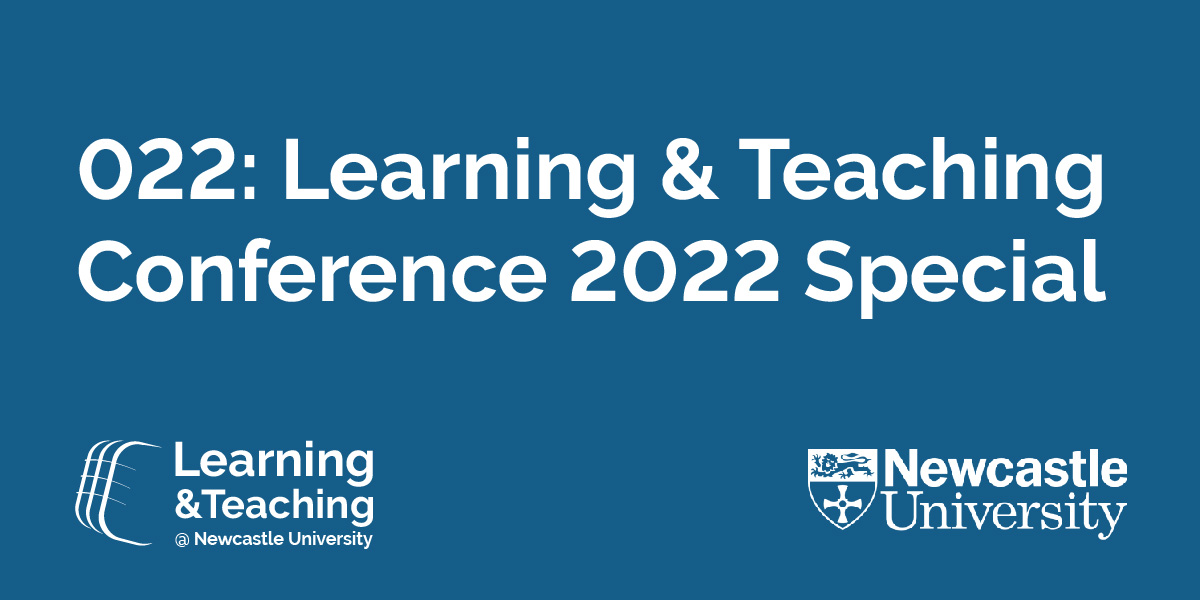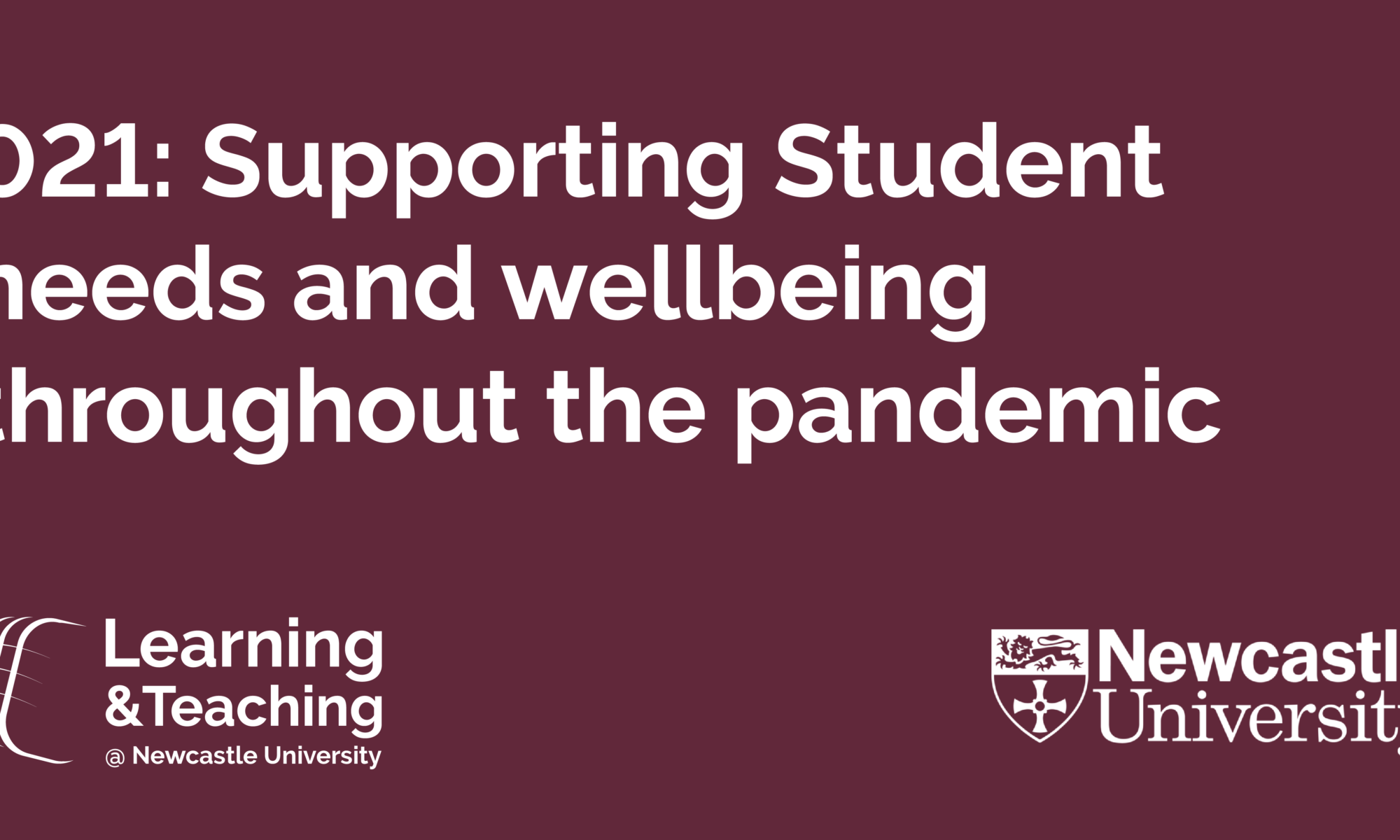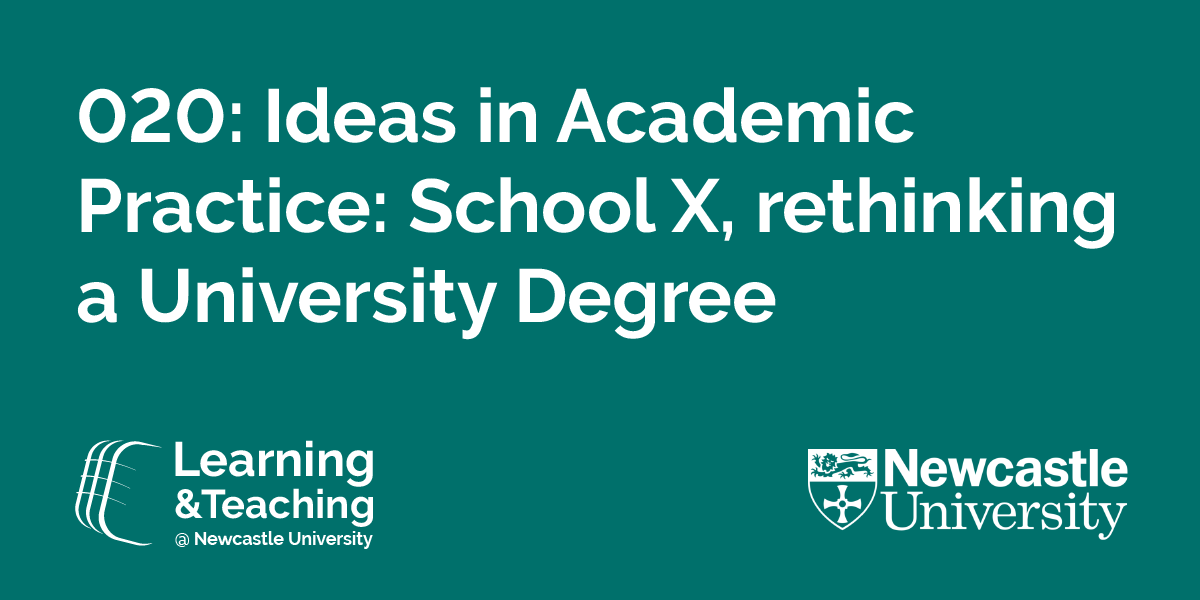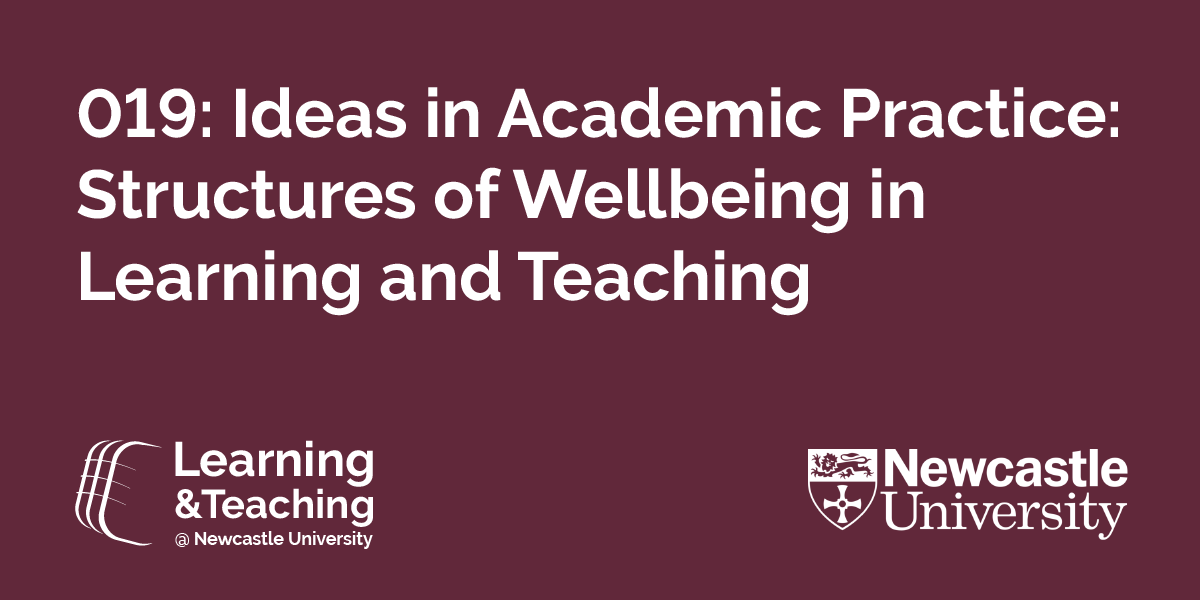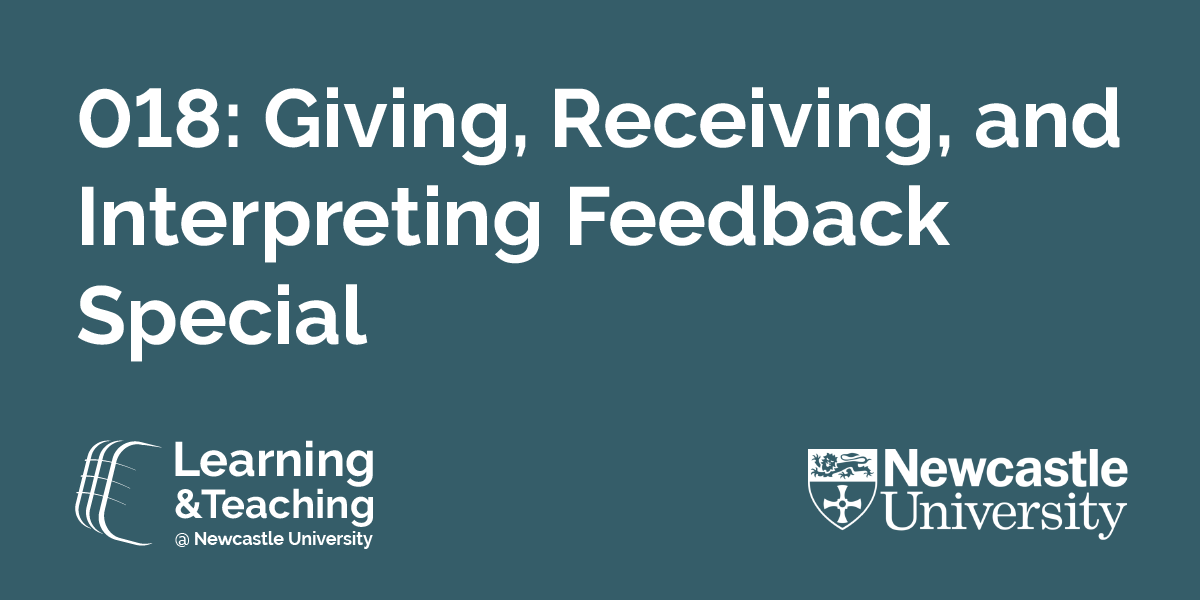Podcast: Play in new window | Download
Listen and Subscribe Apple Podcasts | Spotify | RSS
Hello, and welcome to episode 27 of the Learning and Teaching @ Newcastle University podcast.
‘Creative Practice’ as a discipline itself can seem mysterious, and yet we enjoy the fruits of that labour all the time; whether through live performance, in a gallery, on television, radio or online, but also in the shape of the built environment, in consumer product design, in the visual and sonic saturation of our attention, every day.
But how can creative practice be taught?
In this episode we hear from Dr Tara Bergin, an award-winning poet teaching creative writing within the School of English Literature, Language and Linguistics. We also interview Dr Will Edmondes, an acclaimed musician, composer and performer, who teaches creative practice as Senior Lecturer at the International Centre for Music Studies.
Both Tara and Will give us their perspective on teaching creative practice: how creative work can be generated, how it can be assessed, the challenges, the rewards, and how it can inform and develop other areas of a student’s academic work.
If you would like to get in touch or have a podcast idea you would like to share. Please email ltds@ncl.ac.uk and use the title ‘Learning & Teaching @ Newcastle University Podcast idea’
See the links below for more on the subjects in this episode:
https://www.ncl.ac.uk/elll/people/profile/tarabergin.html
https://www.ncl.ac.uk/sacs/people/profile/willedmondes.html
https://www.ncl.ac.uk/creativearts/
https://www.ncl.ac.uk/sacs/music/
https://www.ncl.ac.uk/sacs/fine-art/
https://www.ncl.ac.uk/sacs/fine-art/research/digital-cultures/

